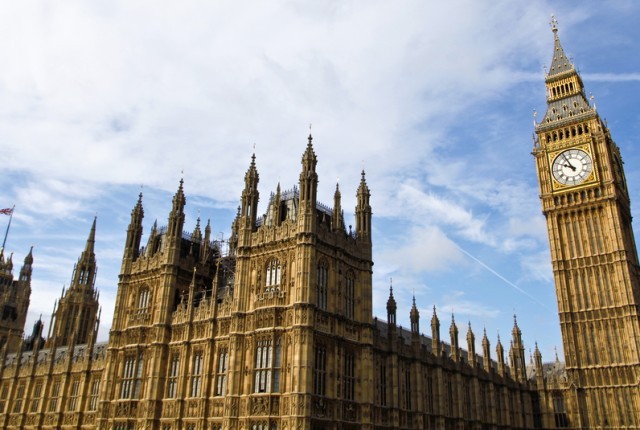

UK Inflation drops to 15-month low of 7.9%…
UK Inflation drops to 15-month low of 7.9% easing concerns for Bank of England
The UK’s inflation rate has dropped to a 15-month low of 7.9%. This decrease has eased concerns for Bank of England (BoE) policymakers who have been battling against soaring prices in recent times.
The Office for National Statistics (ONS) released new figures on Wednesday, revealing the much-needed relief for the UK economy.
Economists had predicted a lower rate, but the actual drop surpassed expectations. In both April and May, experts had anticipated a rate of 8.2%; however, inflation remained higher at 8.7%.
The decline in inflation can be attributed to several key factors. An important contributing factor was the easing of food price inflation, which had been a significant driver of the surge. Additionally, falling prices for motor fuel played a crucial role in pushing the inflation rate down to the lowest reading since March 2022.
The category of “milk, cheese, and eggs” had the most substantial downward impact on inflation, with the annual rate easing from 27.4% in May to 22.8% in June. This marked decrease signifies a significant relief for consumers grappling with higher food prices in recent months.
The reduction in motor fuel prices also played a critical role in taming inflation. During the period, motor fuel prices fell by 22.7%, a more substantial drop compared to the 13.1% decrease observed in the previous month.
The latest data comes as good news for the Bank of England, which has been under immense pressure to control inflation and stabilise the economy.
The 7.9% inflation rate, though still high by historical standards, shows a positive trend towards curbing runaway prices and mitigating the impact on consumers’ purchasing power.
While this development signals progress, economists and policymakers remain vigilant about potential fluctuations in the inflation rate. The UK economy continues to face challenges on various fronts, including supply chain disruptions and rising energy costs, which could cause upward pressure on prices.
The Bank of England will closely monitor the economic indicators to ensure that inflation remains under control. Policymakers may employ further measures if necessary to support the economy and maintain a stable inflation rate.
For now, the decline to 7.9% provides a glimmer of hope for consumers and businesses, offering some respite in the face of the ongoing economic uncertainties.
If you need any more information, email [email protected], call 0115 958 6872 or fill in an enquiry form below.
Have Any Questions?
Qualified Team Available
Related Articles

The Bank of England has announced that base rates have been cut to 3.75%.

The Autumn Budget 2025 has been announced. Here are the key points.

MAF Finance Group has been awarded Asset Finance Broker of the Year in the Leasing Foundation's Going Further Awards 2025.
